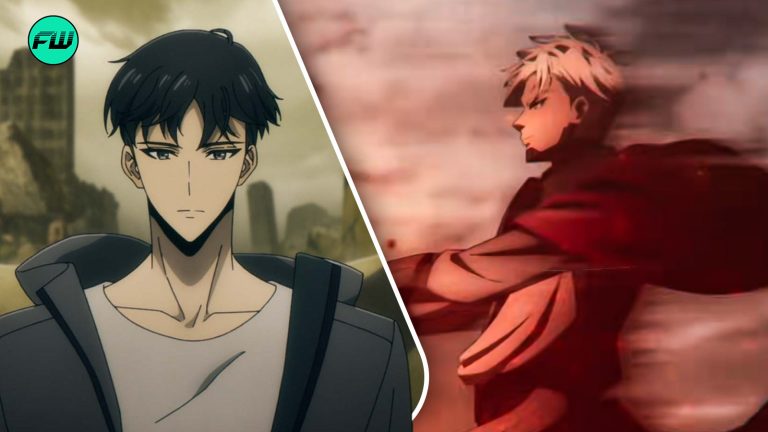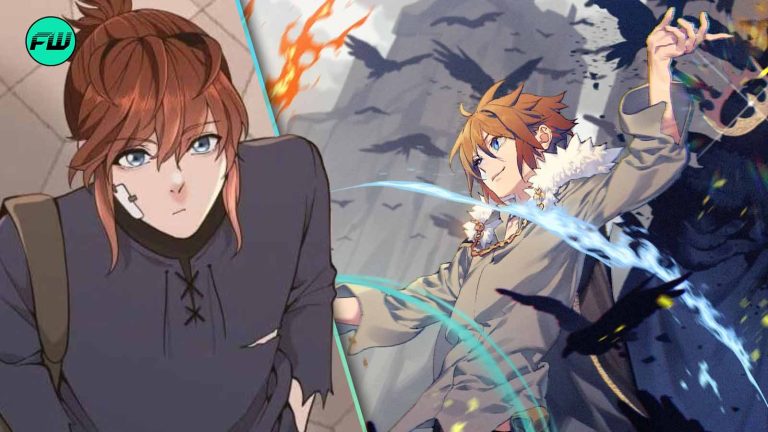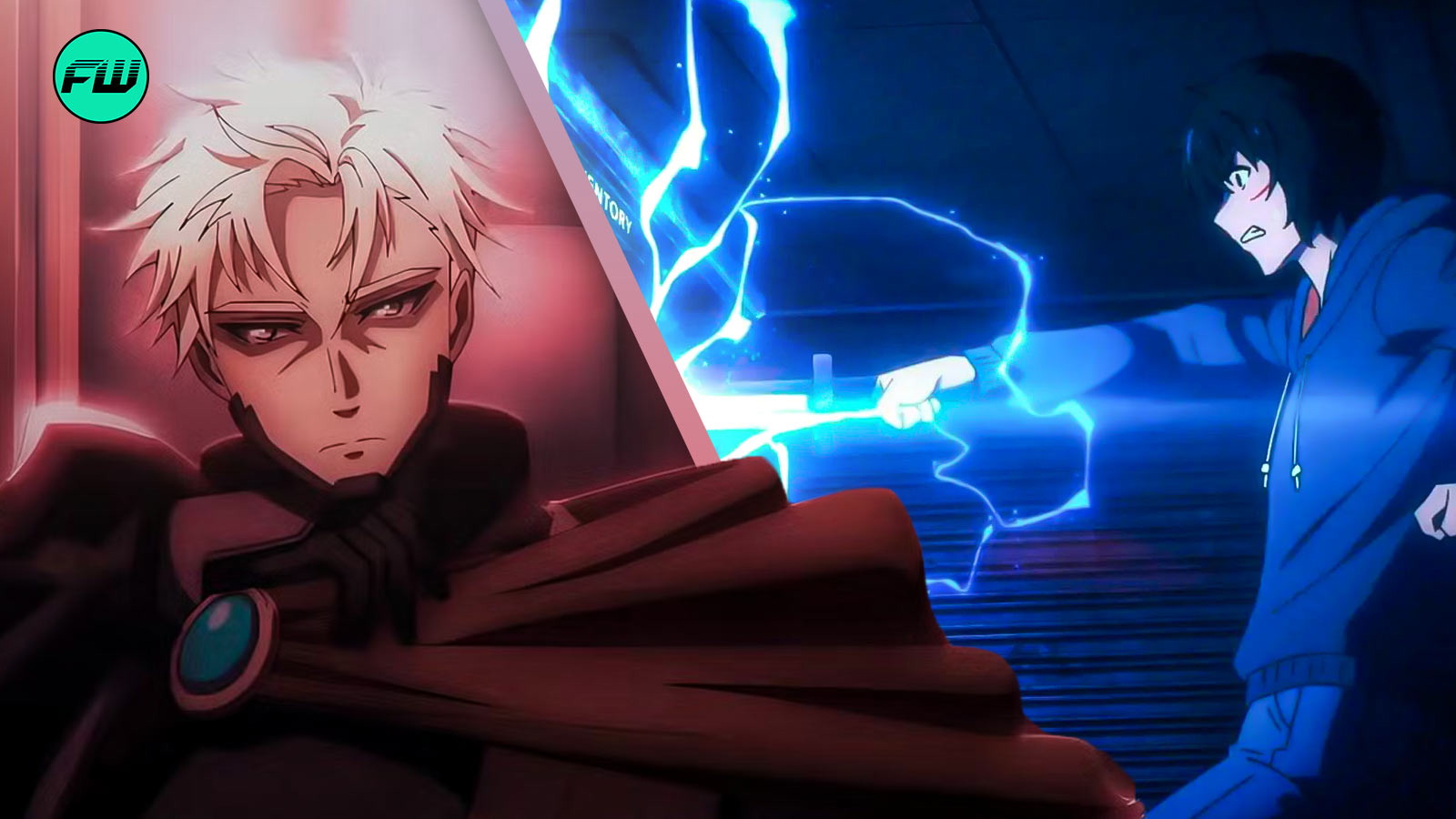
While Solo Leveling is breaking records and competing with the best of the anime industry, no one can deny that The Beginning After the End could be a tough contender.
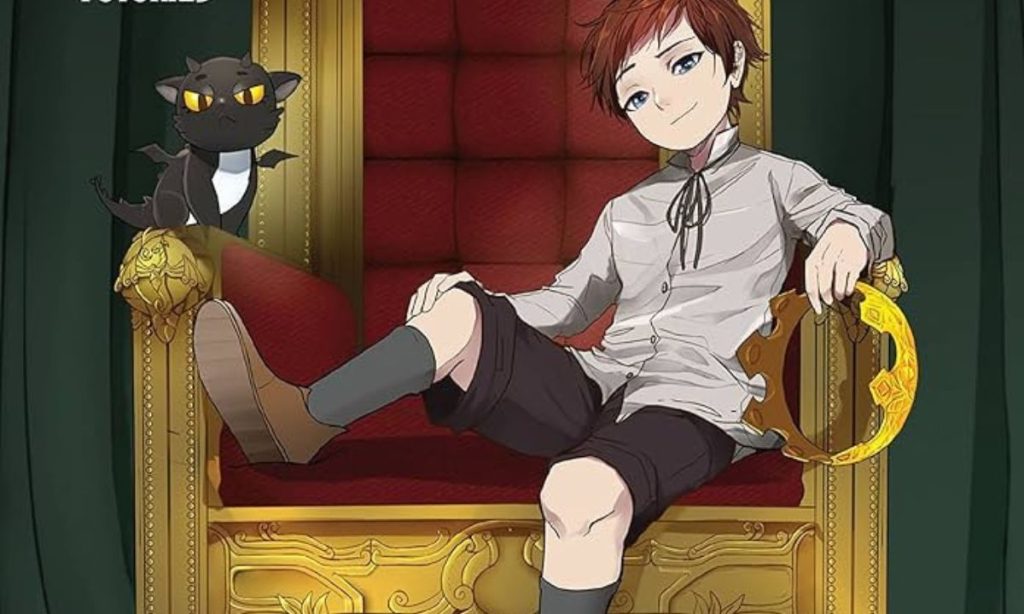
Both series share similarities in their fantasy settings, but their core storytelling philosophies are very different. Solo Leveling is, as the name states, a series that is focused on the development and growth of one individual character.
Sung Jinwoo, the protagonist’s rise from the depths to the peak of existence itself, but by focusing on the main character and his power leveling (through the System), the series loses sight of important aspects like emotional development, which is where The Beginning After the End shines.
Character-driven growth vs. System-aided power leveling
TurtleMe, the creator of TBATE, has openly stated that his focus has always been on Arthur’s personal growth rather than just his power progression.
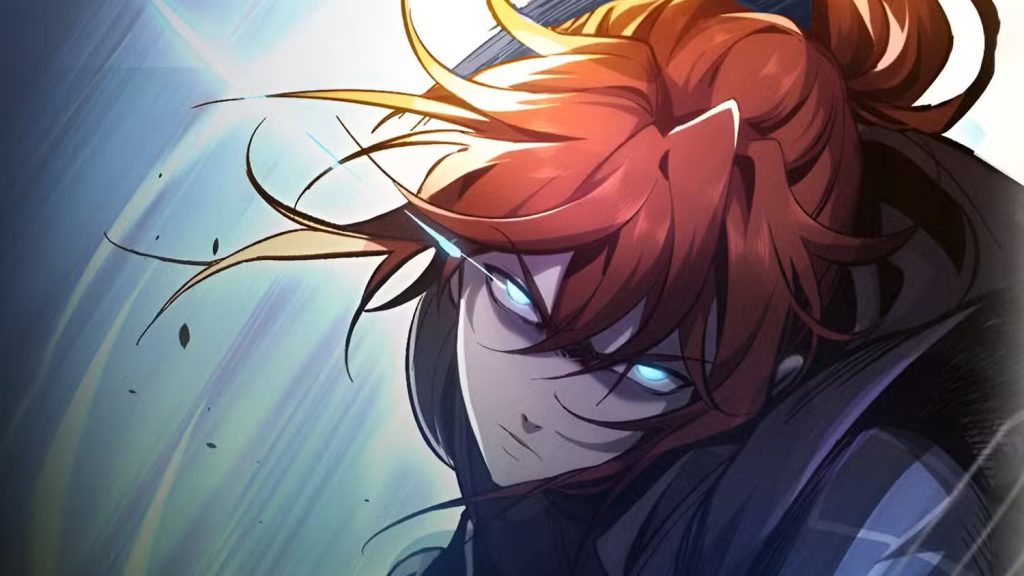
Where Solo Leveling thrives on the appeal of Sung Jinwoo’s exponential rise in strength, TBATE focuses on the intricate details that elevate the story into the realm of magical realism. TurtleMe himself said in an interview with the ANN that-
That’s the kind of premise I went with, and so every time I wrote the chapters, these arcs, I tried to really focus on the character instead of the power progression and the game level-ups. That’s fun and important, too, but I tried to focus on the character development of Arthur as he matures and becomes more human in a way, because he is now receiving love from family and from friends, something that he didn’t really have in his previous life.
When TurtleMe first began writing The Beginning After the End a decade ago, the isekai segment of the novels wasn’t as oversaturated as it is today. He had an impartial view that influenced his approach to Arthur’s journey.
He wanted it to be more of a fantasy genre that seemed like a well-crafted world rather than a hastily made power-leveling series. Thus, his work is centered on giving a previously powerful yet emotionally isolated character a second chance to experience love.
Why The Beginning After the End Stands on Its Own
The imperial King Arthur reincarnates to find the meaning of family and friendship, essential elements that were absent in his past life, where there was only strife, conspiracies, and violence.
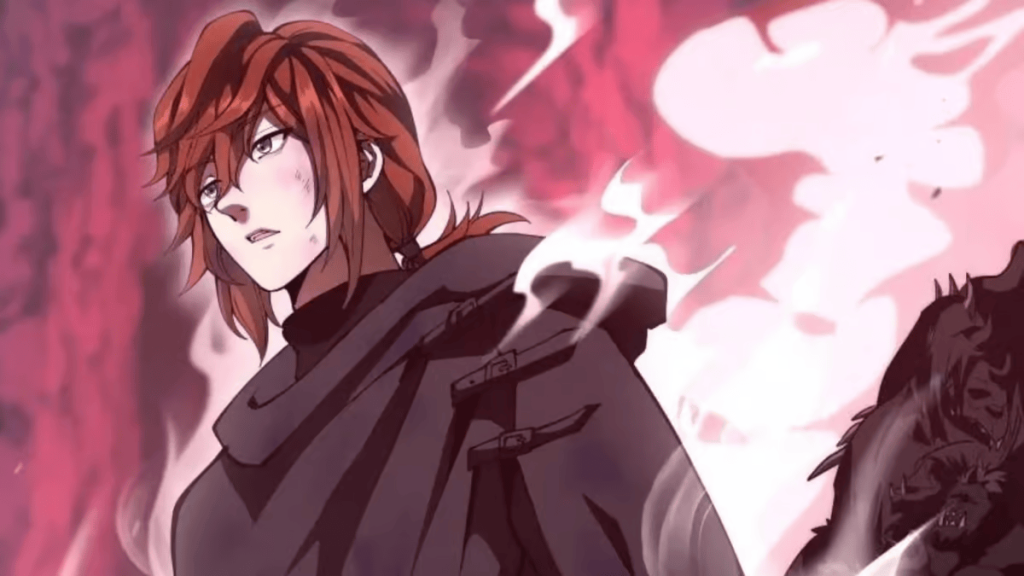
King Arthur was a figure who earned the respect of his people by virtue of his abilities and talents. He was not someone who was granted a gold finger like Jinwoo was in Solo Leveling.
Although the pacing of The Beginning After the End is slow and sometimes may feel tedious, it was essential to craft a narrative in which all the characters seemed alive.
They all had their own beliefs, aspirations, likes, and dislikes, even affecting the entire narrative and the protagonist many times. This is why such a layered and complex narrative will triumph over a System-based and power-leveling-focused story like Solo Leveling.
Sung Jinwoo’s direction and journey were largely dictated by an external system rather than internal character development. It felt like a hollow character who is unpredictable and often feels unfamiliar.
The Beginning After the End is available on Tapas.
This post belongs to FandomWire and first appeared on FandomWire
